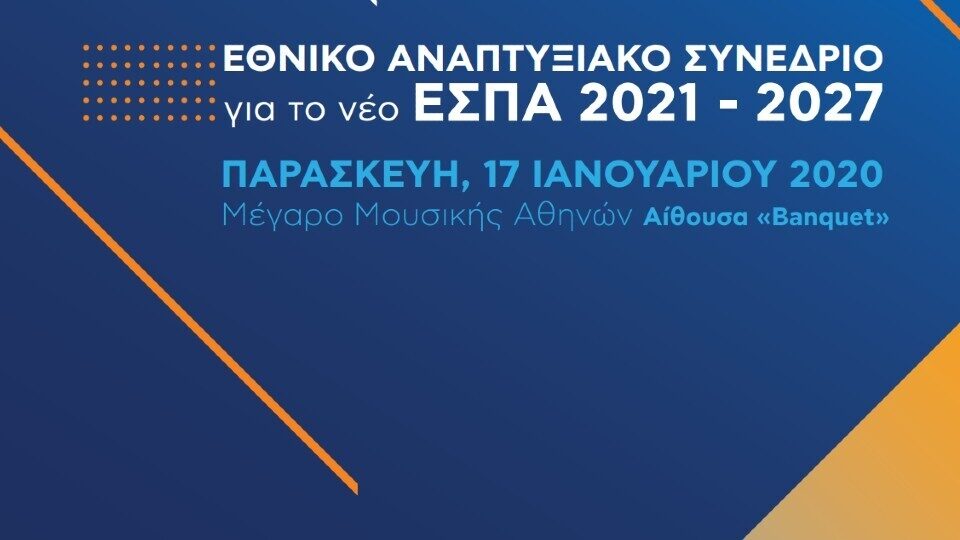
Plumbers, electricians and taxi operators are the first to pass through the audit "sieve" of the AADE as part of the cross-checks it has launched to 3,8 million. taxpayers who declare to the Tax Office income that does not exceed 10,000 euros.
With the reduction of tax evasion being the big gamble of the financial staff and the Hellenic Tax Administration, the tax control mechanism has stepped up a gear by deploying new electronic weapons and new types of controls which will gradually expand to the whole range of freelancers and self-employed people as according to the statistics of the Hellenic Revenue Service, seven out of ten professionals appear to the tax office with income up to 10.000 euros.
The checks carried out by the Tax Office
According to reports, a special team of auditors will do a thorough check:
- the tax returns of professionals
- the VAT returns they have submitted
- the tax refunds they have received
- the costs shown in myDATA
- their assets
- living expenses
With the targeted checks, the Hellenic Revenue Service attempts to identify hidden income and unjustified property gains and at the same time send the message that no one is immune. The professionals to be audited will be selected on the basis of risk analysis criteria and in many cases indirect auditing techniques will be used.
Those found with unjustified increase in assets and expenditures that are not justified by the income they have declared will receive a notice from the Hellenic Revenue Service for payment of additional taxes and fines.
It should be noted that the use of indirect control techniques leads to the determination of the taxpayer's taxable income through the analysis of his/her financial situation, using information from various sources, in addition to the tax return and his/her official books and records.
The cases
They are mainly activated in cases where there is:
- Unjustified increase in assets
- Expenditure not justified by declared income (individual and/or family income of natural persons)
- Suspicion/evidence that the actual income is higher than declared
- Loss declared by natural persons who are members of companies
- When applying indirect control techniques, in practice two types of control are carried out simultaneously. In principle, a regular income tax audit is carried out in the usual way, i.e. the sources of income are checked, the correct representation of income in tax returns and in the accounting books (in the case of business activity), the correct deduction of expenses, but also a check on imputed expenses.
The three indirect control techniques on the basis of which the checks on professionals will be carried out are as follows:
- Technique of analysis of the taxpayer's liquidity
- Equity technique
- Technique of the amount of bank deposits and cash expenditure
The checks will focus on professionals for whom:
- the amount of income they have declared is not sufficient to cover their personal living expenses, or
- there is an increase in property which is not covered by the declared income




